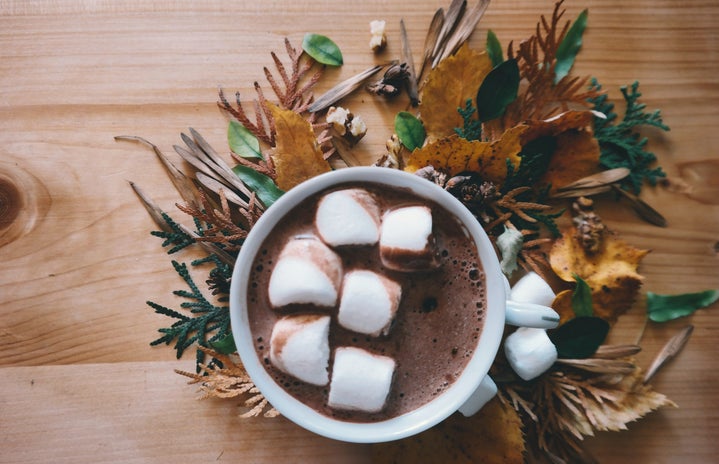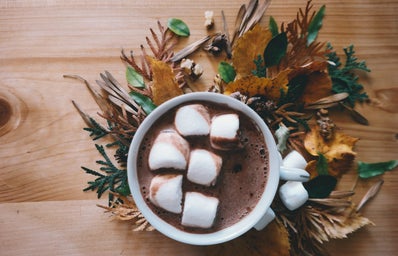Whilst the origins of festivals such as Christmas and Easter are common knowledge, Halloween is decidedly more mysterious…
The name ‘Halloween’ is a contraction of ‘All Hallows’ Evening’, a celebration on the 31 st October, which may seem like I’m stating the obvious BUT this is also the eve of the Western Christian feast of ‘All Hallows’ Day’. This begins the three-day observance of ‘All Hallows’ Tide’, a time of year dedicated to remembering the dead, including saints (or ‘hallows’, which is where that part of the name stems from!), martyrs, and the recently departed.
However, while it is clear that the name of the holiday, and part of its identification with things beyond the grave, may have hailed from its association with Christianity, it is widely believed by many of the Halloween traditions that we see today originated from traditional Celtic harvest festivals and their pagan roots. The Gaelic festival of Samhain is particularly relevant as although some academics believe Halloween began independently as a solely Christian commemoration, it has also been proposed that Samhain was Christianised into Halloween.
Samhain was seen as a time at which the boundary between this world and the world of the dead could be more easily crossed, and therefore spirits could enter our world. Offerings of food and drink were left out for these spirits, often as a way to try and ensure livestock would survive the winter, and the souls of dead family members were also invited to attend so places were set at the table for them. The tradition of ‘trick or treating’ may also have originated from Samhain as the festival included elements of ‘mumming’ or ‘guising’ in which people went door to door in costume, reciting verses in exchange for food. Also, having a scary or unsettling costume may have been a way of trying to intimidate or disguise oneself from the returning spirits.
Often when you think of Halloween, you think of America as their celebration of the festival seems to be a staple in their culture, however if Halloween started with the Celts in the area that is now the UK, Ireland, and Northern France, then it must have travelled over at some point. With the colonisation of America came the spread of Halloween across the Atlantic, but in the beginning its celebration was extremely limited because of the rigid Protestant beliefs in many of the colonised areas. However, as more and more people came to America, particularly a flood of Irish immigrants in the mid-nineteenth century, the celebration of Halloween was spread and popularised. Americans adopted the Irish and English traditions of dressing up and going door to door, having parties, and enjoying popular autumnal foods such as apples. This has since developed into the great celebrations we see today in the US currently.
Whilst today we may not invite deceased relatives to dine at our table or appease spirits for the protection of livestock, it is fascinating to see where some of our most familiar traditions come from!


